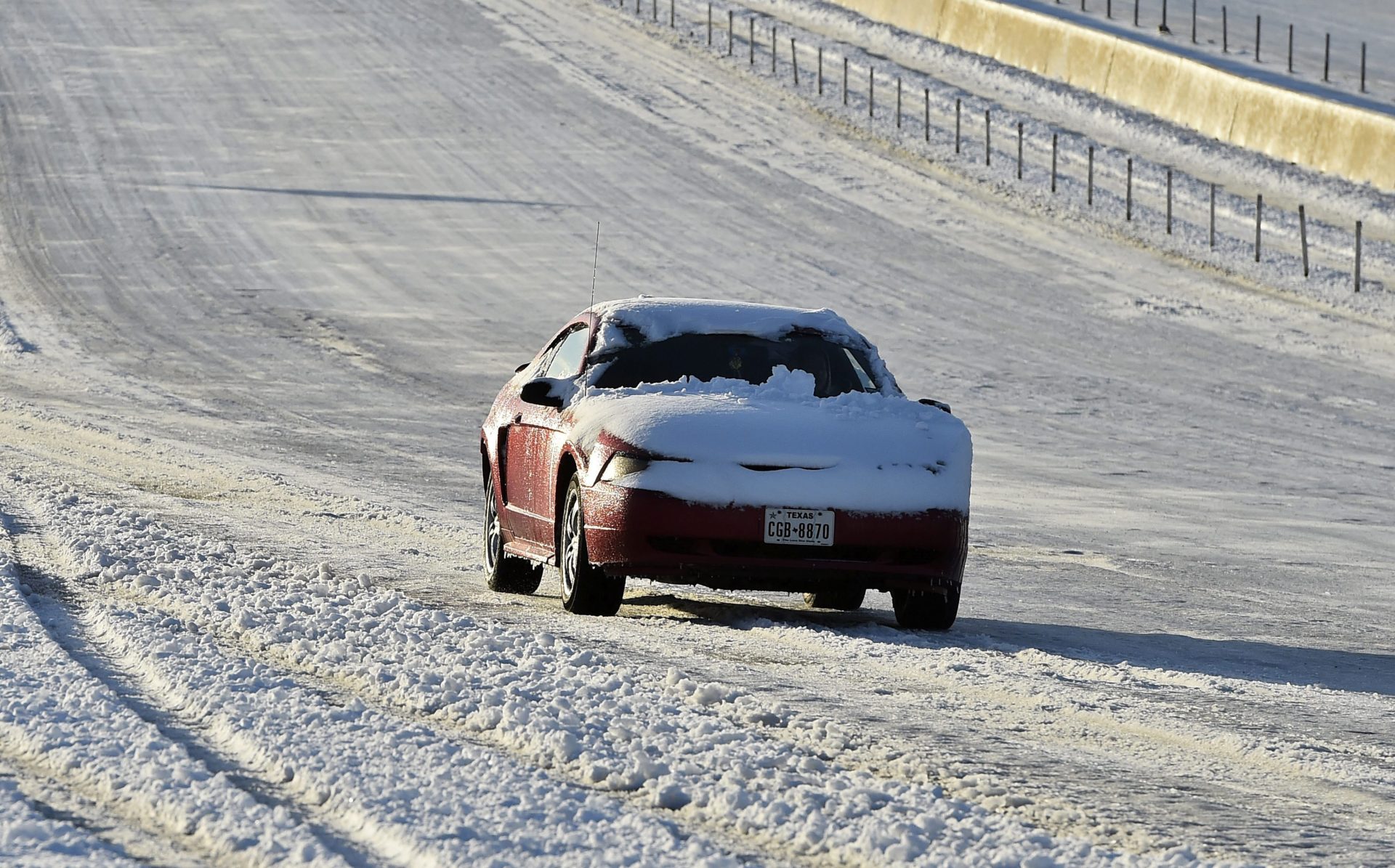Washington.- A winter storm that the National Weather Service (NWS) described as brief but “extremely dangerous” arrives this Friday in the northeastern United States with Arctic temperatures.
The city of Boston, Massachusetts, closed its schools this Friday as the region prepares for a combination of cold and wind that could reach 45 degrees Celsius (50 degrees Fahrenheit) below zero between tonight and Saturday morning.
Authorities have urged residents to stay indoors as much as possible and if they need to go out, to dress warmly.
Winter storm
The impact of the winter storm is widespread and very low temperatures persist this morning, from the Great Lakes and the northern Midwest, to parts of the Hudson Valley, north of New York City, and in western Pennsylvania.
According to the NWS office in Caribou, Maine, a wind chill of minus 45 Celsius has not been recorded there in at least 35 years.
The NWS station, located 1,722 meters above sea level in Mount Washington, New Hampshire, forecast winds of 120 kilometers per hour and a temperature of 40.5 Celsius (41 F) for this afternoon.
The combination will result in a wind chill of 57.7 Celsius (72 Fahrenheit) below zero.
The Weather Channel noted that the winter storm, strong as predicted, will be brief and temperatures will begin to moderate Saturday night.
“Except in areas near the Canadian border in northern New England, low temperatures on Sunday morning will be similar to the highest temperatures recorded on Saturday,” he added.
Meanwhile, and as a consequence of the winter storm that affected the south of the country, this morning some 245,200 homes and businesses in Texas, 56,400 in Arkansas, 15,600 in Mississippi and 5,120 in Tennessee remain without power supply.
Extreme cold
The city of Burlington, Vermont, opened overnight shelters at the Miller Center to protect the homeless from the cold.
“With the extreme cold predicted for this weekend, we are very concerned about the risks of exposure to community members sleeping unsheltered, and other vulnerable people who do not have adequate heat in their homes,” said Mayor Miro. Weinberger.
New Hampshire Gov. Chris Sununu said at a news conference that the storm “will be brief but it will also be extreme,” adding that he had no plans yet to declare a state of emergency or activate National Guard units.
The Manchester School District canceled school activities citing “temperatures that are already dangerously low and will continue to drop throughout the day.”
Temperatures of -30º in Canada
Much of Canada woke up this Friday under an extreme cold alert caused by a 3,000-kilometer-long polar air front that has caused temperatures to plummet to lows of between -20 and -30 degrees Celsius.
The Canadian Meteorological Service has warned that this Friday and tomorrow, Saturday, temperatures will be around -30 degrees in the region of the Canadian capital, Ottawa, with a wind chill of -40 degrees.
In Toronto, the largest Canadian city, the authorities have said that this Friday the wind chill will be -30 degrees and they advise limiting the time spent outdoors due to the risk of frostbite.
Municipal authorities have set up centers so that homeless people or those who have difficulty heating their homes can take refuge until temperatures rise on Sunday.
In both Ottawa and Toronto, authorities have recalled that the law requires that pets, such as dogs and cats, not be exposed to extreme temperatures such as those recorded this Friday.
-40º wind chill in Montreal
In the central and western part of the country, the second largest in the world after Russia, the situation is similar. In Winnipeg, one of the main cities in Canada most accustomed to extremely low temperatures, the thermometer this Friday read -24º with a thermal effect of -35º.
In Montreal, in the eastern part of Canada, temperatures of -27 degrees are expected on Friday night, and wind chills of -40 degrees on Saturday.
The municipality has announced that two emergency centers will operate over the next two nights so that up to 100 homeless people can take refuge from the cold.
And in the provinces of the Atlantic coast, the province of New Brunswick fears that in the next few hours the thermal sensation will reach -50º, temperatures not reached in the past 40 years.

